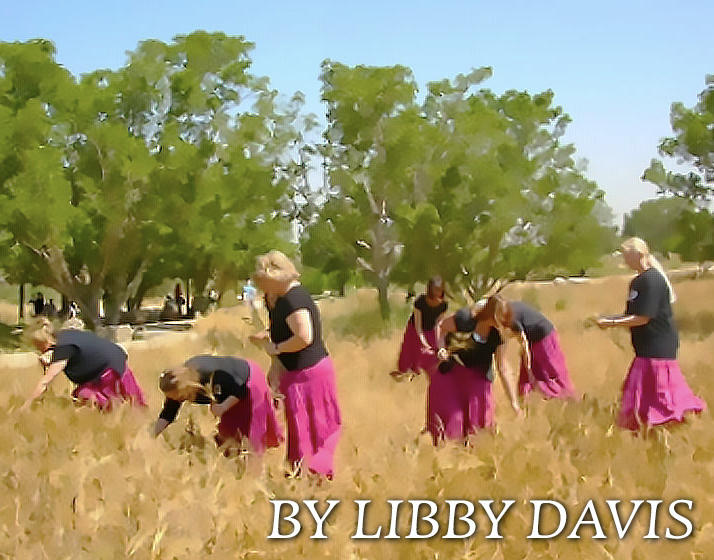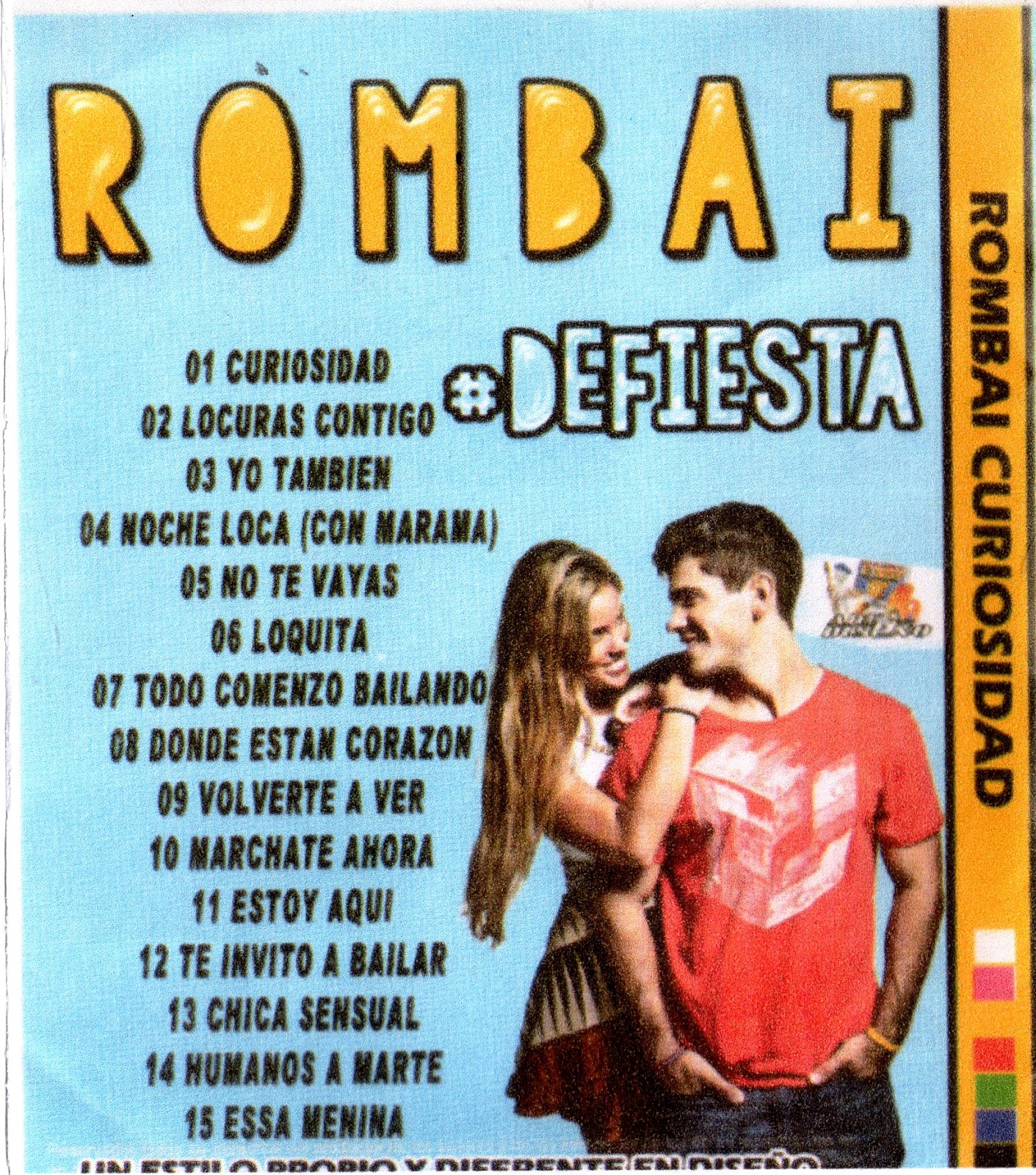


Varady Sefirat ha'Omer Nirtsah trepidation growth ecoḥasid neo-lurianic ספירת העומר sefirat haomer ספירות sephirot eco-conscious barley wheat counting growing apprehension watchfulnessĮxplaining the mitsvah of Sefirat HaOmer, Rabbi David Seidenberg writes:Įvery night during the Omer we say a blessing for doing a mitsvah and then say the count which leads us from Passover to Shavuot, from the barley harvest to the wheat harvest and, ultimately, to the first offering on Shavuot itself of wheat from the new harvest, in the form of 12 loaves. Just as that cycle is one of resetting society's clock to align ourselves with freedom and with the needs of the land, this cycle too is a chance to align ourselves with the rhythms of spring and the spiritual freedom represented by the Torah.

That makes the omer period a miniature version of the Shmitah and Yovel (Jubilee) cycle of 7 cycles of seven years. Thank you for joining us for these 7 weeks of reflecting, questioning, learning together.סֵדֶר סְפִירַת הָעֹמֶר | Seder Sefirat ha-Omer :: the Order of Counting the Omer between Pesaḥ and Shavuot 15:53:57 Each day between the beginning of Passover and Shavuot gets counted, 49 days in all, 7 weeks of seven days. Thanks to modern technology, and human appreciators, we can still listen to all of their beautiful voices).Īs we draw near the end of our Omer counting and daily reflection, I invite us to continue to look for ways to take note of time passing, and the many gifts that really taking in the passage of time might bring.

I was reminded today of a song popular in the 1960s - “Who knows where the time goes?” written by Sandy Denny (Fairport Convention), covered by Judy Collins, Eva Cassidy, Nina Simone, among others (on the theme of this song: of these 4 amazing women singers, only Judy Collins is still alive. The mystical interpreters of the Omer count, name this 46th day of the Omer, netzach shebemalkhut which Rabbi Jill Hammer translates as the “endurance of the kingdom”Īll these generations after the revelation at Sinai, after God said you shall be a holy nation, and after the people answered together, “all that God has spoken, we will do,” (Ex 19:8) do we, God’s people, continue to preserve ourselves as a holy nation? Do we let this “kingdom” endure? And individually, do we work to preserve our own “nobility,” and our own endurance?Īt day 46 of noting each day, of noting time passing, do we remain strong in our willingness to reflect, or are we wearing down, wearied by the attention to time passing? “And you shall be to Me a kingdom of priests and a holy nation” (Exodus 19:6) Today is forty-six days, making six weeks and four days of the Omer.Īccording to midrash (Babylonian Talmud, Shabbat 86b), today, the 2nd of Sivan (just a few days before God’s revelation at Sinai – the event we commemorate on Shavuot this coming Saturday night) is the day Moses reported to the Israelites these words which God told him to say to the house of Jacob, and the children of Israel:


 0 kommentar(er)
0 kommentar(er)
